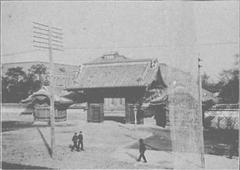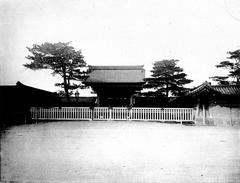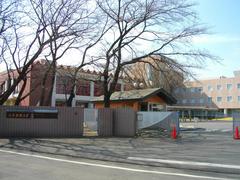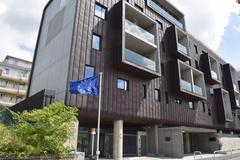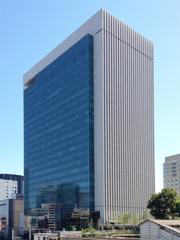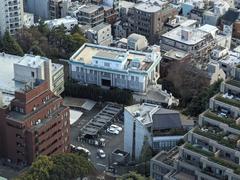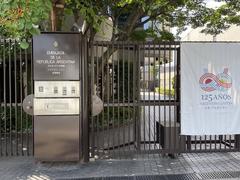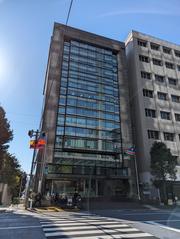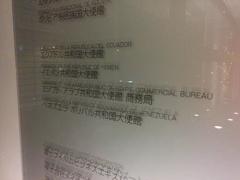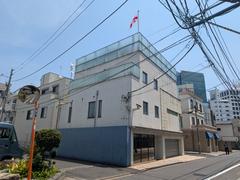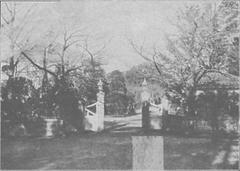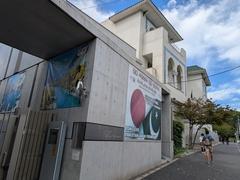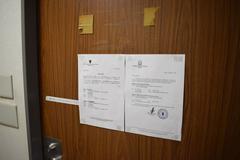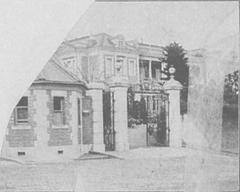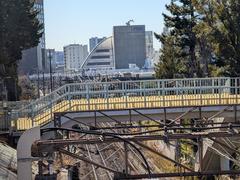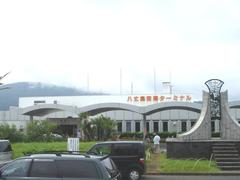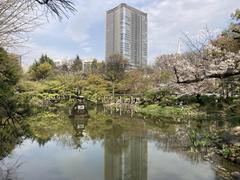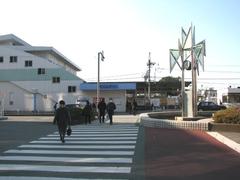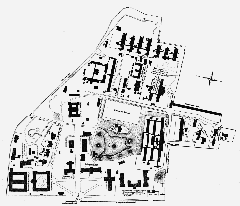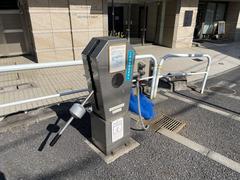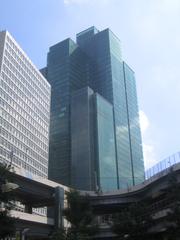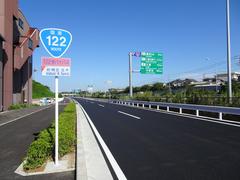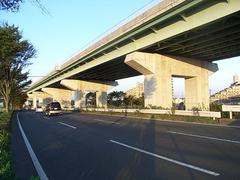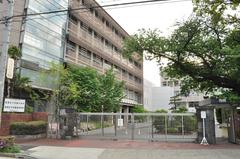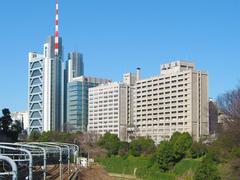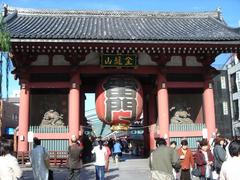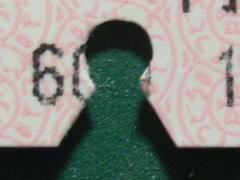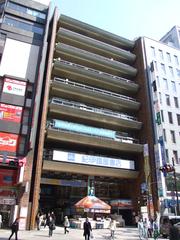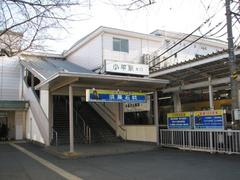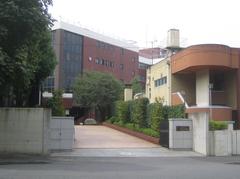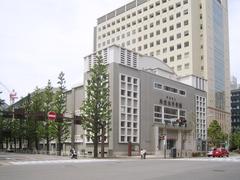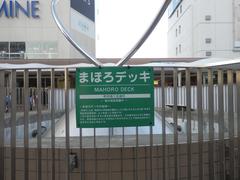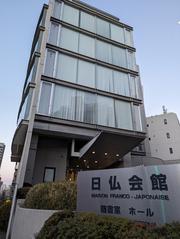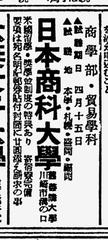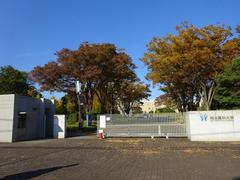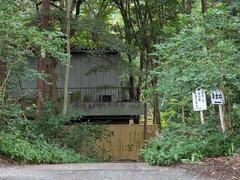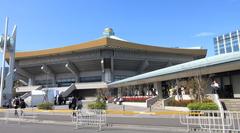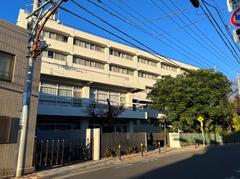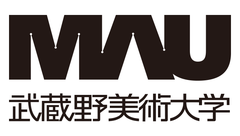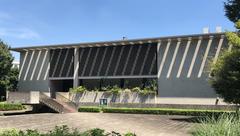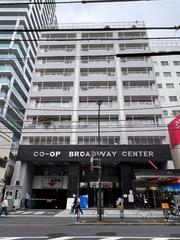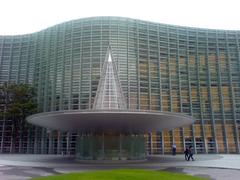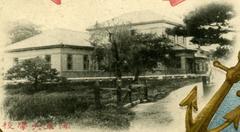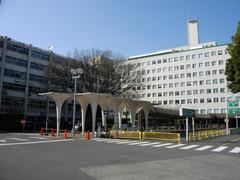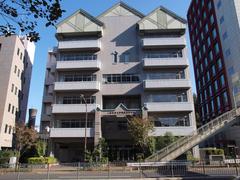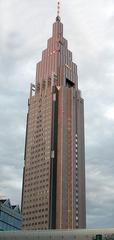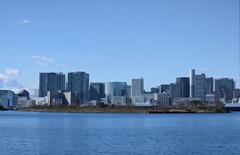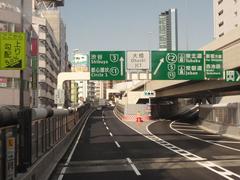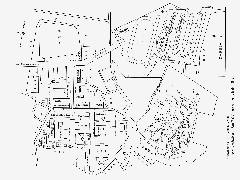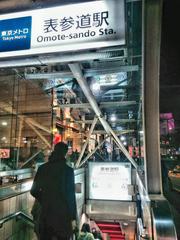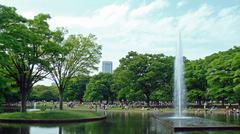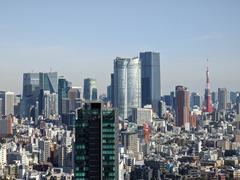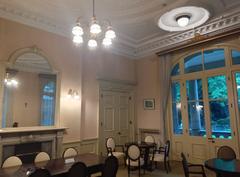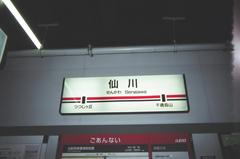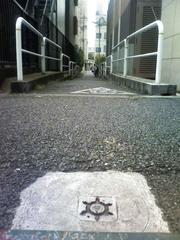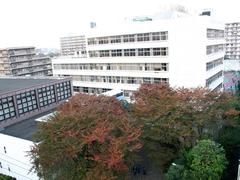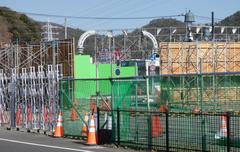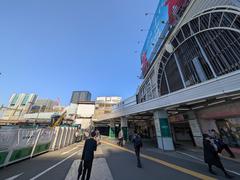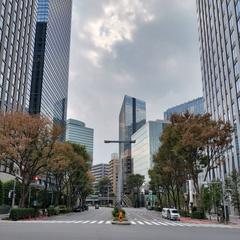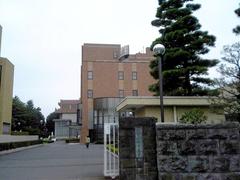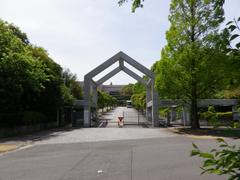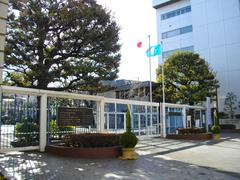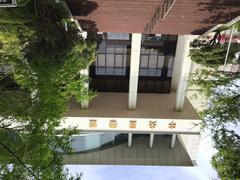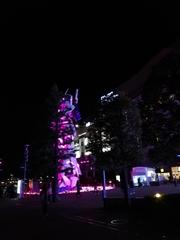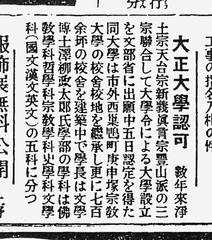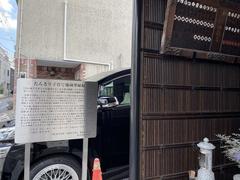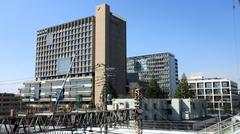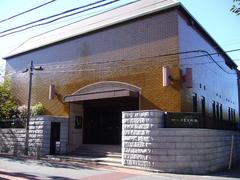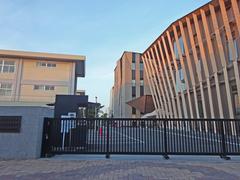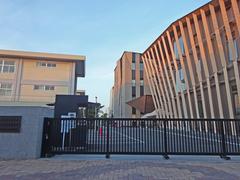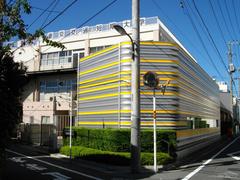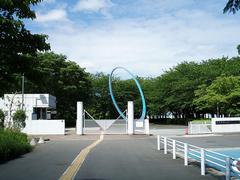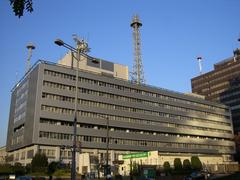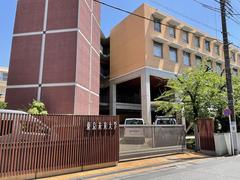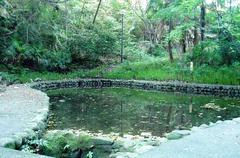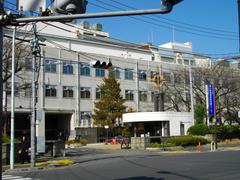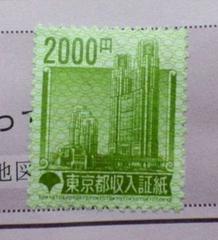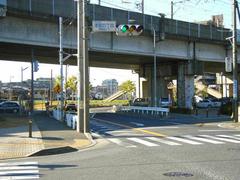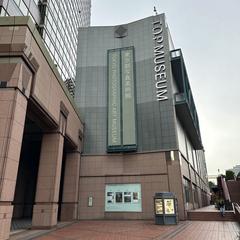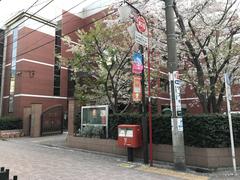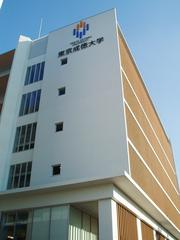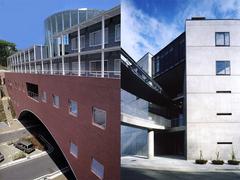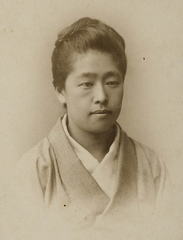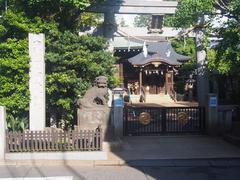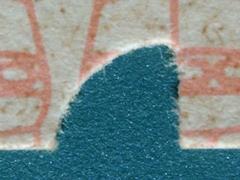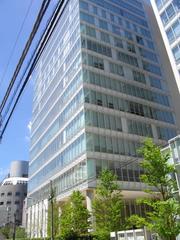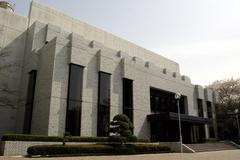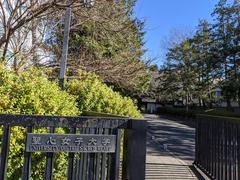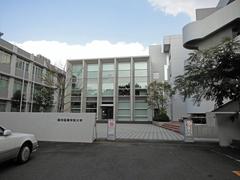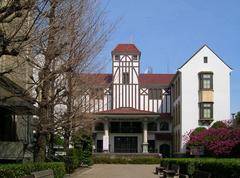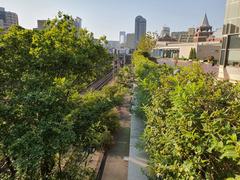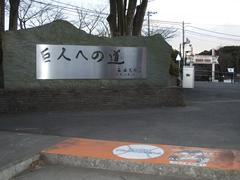Embassy of Djibouti in Tokyo: Visiting Hours, Services, and Visitor Information
Date: 14/06/2025
Introduction
The Embassy of Djibouti in Tokyo is a cornerstone of the diplomatic, economic, cultural, and security relationship between Djibouti and Japan. Since its establishment in 1989, following Japan’s recognition of Djibouti’s independence in 1977 and the initiation of formal diplomatic ties in 1978, the embassy has played a central role in advancing bilateral cooperation. Strategically located in Tokyo’s diplomatic districts, the embassy facilitates essential consular services while also promoting cultural exchange and economic collaboration.
This comprehensive guide offers essential information for visitors, including embassy location, visiting hours, appointment procedures, consular services, cultural etiquette, accessibility, and nearby attractions. Whether you are a Djiboutian citizen, a Japanese national, or an international visitor, understanding the embassy’s multifaceted functions and protocols will enhance your experience.
For official updates and the latest information, always consult the embassy’s official website and authoritative diplomatic sources (Embassy of Djibouti in Tokyo, Ministry of Foreign Affairs of Japan, Wikipedia: Djibouti–Japan relations).
Historical Context and Diplomatic Significance
The Embassy of Djibouti in Tokyo stands as a testament to the enduring partnership between Djibouti and Japan. Since the late 1970s, both nations have expanded their cooperation in political, economic, and cultural spheres. The embassy’s establishment in 1989 marked a new phase of engagement, enabling closer collaboration on international development, maritime security, and regional stability.
Japan’s commitment to Djibouti is evident through high-level visits, participation in the Tokyo International Conference on African Development (TICAD), and strategic investments. The embassy also plays a prominent role in multilateral forums, advocating for African development, climate action, and security initiatives.
Embassy Location, Contact Information, and Accessibility
Primary Address:
5-18-10 Shimomeguro, Meguro-ku, Tokyo 153-0064, Japan
Alternative/Former Addresses:
- 3-5-1 Azabudai, Minato-ku, Tokyo 106-0041, Japan
- 5-13-1 Kitashinagawa, Shinagawa-ku, Tokyo 141-0001, Japan
Always confirm the current embassy location via the official website or Ministry of Foreign Affairs of Japan before visiting, as addresses may change.
Contact Details:
- Phone: +81 3 5704 0682 / +81 3 3440 3115
- Email: [email protected]
- Fax: +81 3 3440 3118
- Website: djiboutiembassy.jp
Accessibility:
The embassy premises are designed to accommodate visitors with disabilities, featuring ramps and elevators. Tokyo’s public transport system is largely barrier-free, with accessible subway stations such as Meguro, Hiroo, and Azabu-Juban nearby. If you require special assistance, notify the embassy in advance to ensure an accessible visit.
Visiting Hours and Appointment Procedures
- Business Hours: Monday to Friday, 09:00–13:00 and 14:00–17:00
- Consular Service Hours: 09:00–12:00 (general inquiries and consular services)
- Visa Services: Tuesdays & Thursdays, 10:30–12:00 (applications), 14:00–15:30 (collections)
The embassy is closed on Japanese and Djiboutian public holidays, including major Islamic observances. Always verify operating hours ahead of your visit.
Appointment Requirement:
Most consular services—such as visa applications, passport renewals, and document legalization—require advance appointments. Walk-ins are not generally accommodated due to security and capacity measures.
- Book an Appointment:
- By phone: +81 3 5704 0682
- By email: [email protected]
- Through the official website
Consular Services Provided
The Embassy of Djibouti in Tokyo provides a range of services for both Djiboutian citizens and foreign nationals:
- Visa Issuance: For Japanese and most foreign nationals, a visa is required to enter Djibouti. Visa applications typically require a completed form, valid passport, photos, and a letter of guarantee in English or French. E-visa options are available for Japanese citizens, but the embassy handles in-person applications and special cases.
- Passport Services: Renewal and issuance for Djiboutian nationals, emergency travel documents, and registration of vital events.
- Document Legalization: Authentication of academic, commercial, and legal documents, including notarization and attestation.
- Emergency Assistance: Support for Djiboutian nationals in cases such as arrest, hospitalization, or loss of documents.
- Public Diplomacy: Promotion of Djiboutian culture and economic opportunities, including business delegations and participation in multicultural events.
For the latest requirements and downloadable forms, consult the official embassy website.
Cultural Etiquette and Protocols
Diplomatic Etiquette:
- Wear business or smart casual attire.
- Address embassy officials formally (e.g., Mr., Ms., or Your Excellency).
- Arrive punctually, especially in the Japanese context.
- Maintain respectful, calm demeanor; avoid loud conversations or phone usage in waiting areas.
Djiboutian Cultural Considerations:
- Dress modestly and respect hierarchy.
- Greetings and polite conversation foster goodwill.
- Be aware of religious holidays (Eid al-Fitr, Eid al-Adha) which may affect embassy hours.
Japanese Cultural Considerations:
- A slight bow or nod is appropriate for greetings.
- Observe signage regarding shoe removal or photography restrictions.
- Bringing a small, well-wrapped gift is appreciated for formal meetings but not required.
For more on cultural etiquette, see Diplomatic Insight and Rivermate Guide.
Security and Entry Procedures
- Bring a government-issued photo ID (passport or residence card).
- Security screenings, including bag checks, are standard.
- Photography is prohibited inside embassy grounds.
- Arrive 10–15 minutes early to complete entry procedures.
Nearby Attractions and Amenities
The embassy’s location in Tokyo’s diplomatic districts provides easy access to:
- Meguro River: Noted for cherry blossoms.
- Arisugawa-no-miya Memorial Park: Tranquil green space.
- Tokyo Metropolitan Teien Art Museum: Art Deco architecture and exhibitions (Live Japan).
- Roppongi Hills: Shopping, dining, and art.
- Tokyo Tower: Iconic city views.
- National Azabu Supermarket: International groceries.
- Convenience stores, banks, hotels, and restaurants are available nearby for all visitor needs.
Public transportation: Meguro, Hiroo, Azabu-Juban, and Kamiyacho stations (JR, Tokyo Metro, Tokyu, and Toei lines) provide convenient access.
Frequently Asked Questions (FAQ)
Q: What are the embassy’s visiting hours?
A: Monday to Friday, 09:00–13:00 and 14:00–17:00. Consular services generally operate 09:00–12:00. Check holidays in advance.
Q: How do I schedule a consular appointment?
A: Contact the embassy by phone or email, or book online via their website.
Q: What documents are required for a visa application?
A: A completed application, valid passport, photos, and a letter of guarantee in English or French. Additional requirements depend on the visa type.
Q: Does the embassy provide emergency assistance to Djiboutian nationals?
A: Yes, including legal and welfare support.
Q: Is the embassy accessible for visitors with disabilities?
A: Yes; contact the embassy for specific needs.
Q: Can I take photos inside the embassy?
A: No, photography is prohibited for security reasons.
Visuals and Media
- Include high-quality images of the Embassy of Djibouti in Tokyo exterior with alt text such as: “Embassy of Djibouti in Tokyo building exterior”.
- Add a map showing the embassy’s location relative to subway stations and key landmarks.
- Embed links to virtual tours or interactive maps if available.
Conclusion
The Embassy of Djibouti in Tokyo is an essential institution for diplomatic engagement, economic partnership, cultural exchange, and consular support between Djibouti and Japan. Visitors are encouraged to plan ahead, respect both Djiboutian and Japanese protocols, and explore the surrounding district for a rewarding experience. For the most accurate and up-to-date information, always refer to the official embassy website and other trusted sources.
For real-time updates, access to embassy locations, and travel advisories, consider downloading the Audiala app and following embassy communications on social media.
References
- Embassy of Djibouti in Tokyo
- Ministry of Foreign Affairs of Japan
- Djibouti Embassy Tokyo: Visa Information
- Wikipedia: Djibouti–Japan relations
- 123Embassy: Djibouti in Tokyo
- Embassies.info: Djibouti Ambassadors
- Diplomatic Insight: Diplomatic Etiquette
- Rivermate Guide: Djibouti Cultural Considerations
- Live Japan: Teien Art Museum and Tokyo Landmarks


